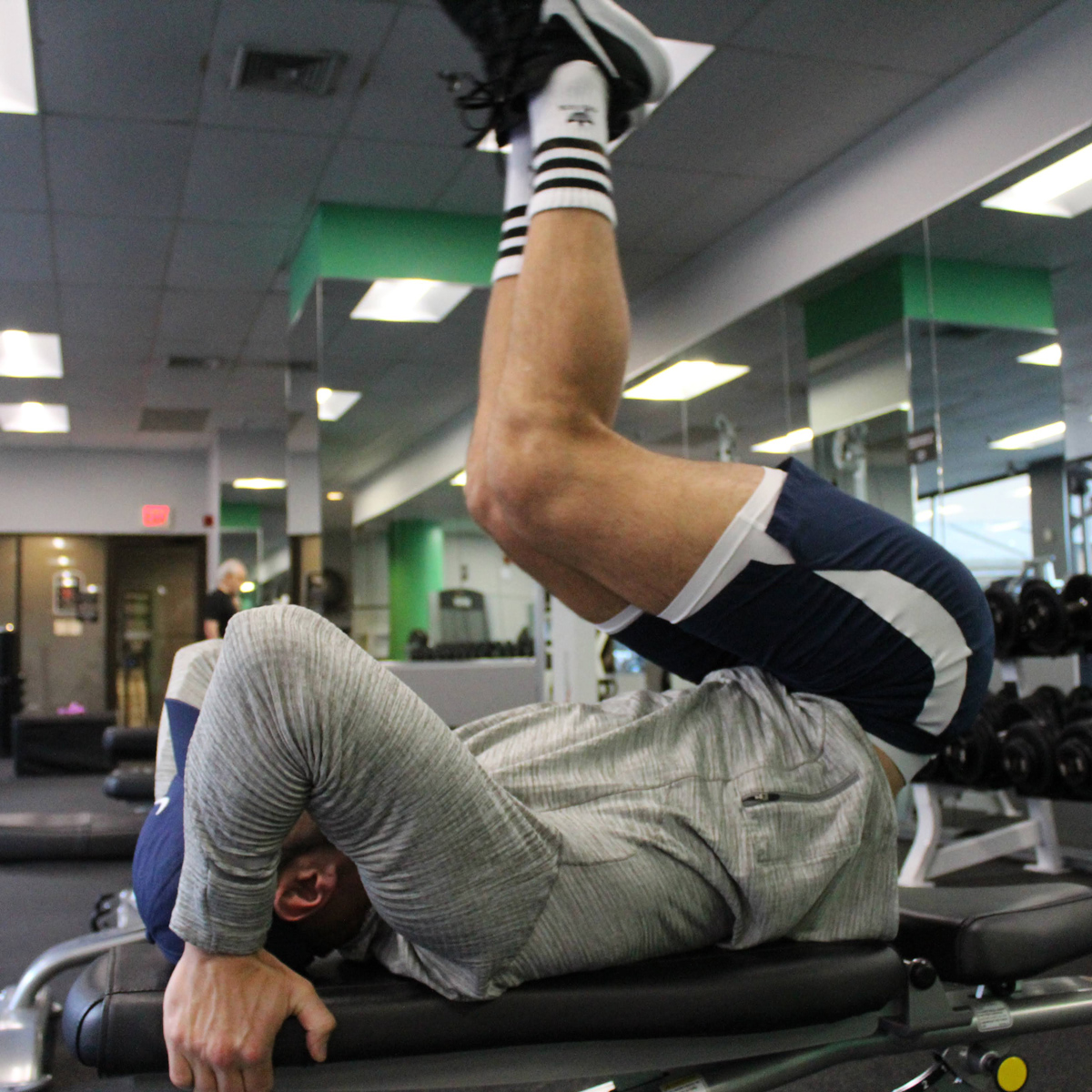
You’re not healthy! That might sound like a harsh way to start a post given the current social climate but it is most likely a truth the average person needs to hear.
While the coronavirus pandemic plays out in packed hospitals and empty streets across the world, most of us have been left to self isolate at home following the story from our televisions, the internet, and social media.
As a fitness professional stuck at home watching all of this play out one of the things I cannot help but notice is how deeply the media has discounted the word “healthy” and the concept of it when it comes to those who are most at risk and those who have passed away.
At this point the term “healthy” seems to imply, “disease free”. If our idea of healthy is simply not having: cancer, heart disease, auto immune disorders, or a litany of other major illnesses then as a species we are in trouble. Besides being flat out wrong, this message is incredibly dangerous to not only individuals but the public health.
If you ask almost any health or fitness professional at any level they will tell you the idea of being in “good health” is more complex and deserves to be respected for the times we currently live in. Conditions and behaviors such as: obesity, poor nutrition, lack of exercise, lack of sleep and or irregular sleep, drinking too much alcohol, daily cigarette smoking, drug use, financial stress (specifically), anxiety and depression. None of these are benign, all of these factors contribute to the state of a person’s immune system, respiratory fitness, cardiovascular strength, and total body health.
It’s not just the coronavirus we need to be vigilant of, the United States Centers For Disease Control & Prevention tragically recorded 34,000 flu related deaths for the 2018-2019 year. They also recorded just under 500,000 hospitalizations and 16.5 flu related medical visits.
Fortunately for us the list of things we need to do to keep our immune system in shape only has three items on it. Exercise, eat healthy food, and get plenty of sleep. Proper hygiene is on this list too but it essentially falls under exercise as it is care for the physical body.
In 2017-2018 the CDC recorded a 42.% prevalence in obesity among American adults. Obesity related conditions include; heart disease, Type II Diabetes, stroke, and various cancers.
Obesity has a direct effect on our immune system in a couple major ways. The first thing we need to remember is that while individuals dealing with obesity are overweight many are also in a state malnutrition from eating calorie dense and nutrient empty foods. This malnourished state depresses the immune system while at the same time creating an elevation of the pro-inflammatory hormone Leptin and a reduction in the anti-inflammatory hormone Adiponectin this imbalance has been shown to effect immune cell response and function.
Eating a nutrient dense diet with plenty of vitamins, minerals, protein, healthy fats, while low in sugar will help build a strong immune system, ideally with five servings of fruits and vegetables per day! In addition to drinking plenty of water and following a regular exercise program will go a long way to strengthening the immune system and maintaining a healthy weight.
Exercise might just be the single greatest tool we have for improving our bodies ability to fight off infection. In addition to increasing White Blood Cells and antibodies evidence shows that exercise with moderate to intense physical exertion may help to push bacteria out of the lungs and respiratory system. Continual habitual exercise also delays the onset of age related dysfunctions. With that being said, the idea that we can “sweat it out” once we have already come down with a virus is false, once infected the immune system needs to do it’s job. So coming to the gym will most likely only result in the infection of others, so stay home! Intense physical activity while already sick can also have the opposite effect and deplete our body’s energy systems leaving the immune system compromised.
“Sleeping through it” might be our number one reaction when we get sick but sleep and rest are probably the most overlooked factors for maintaining a healthy immune system. When we sleep our body releases Cytokine proteins. During times of stress, inflammation, or infection an increase in Cytokines is required. Prolonged periods of poor sleep or a lack of sleep will also cause a drop in white blood cell production a key component of the immune system.
The coronavirus pandemic may continue to complicate our lives keeping ourselves healthy and our immune systems strong is very simple.

